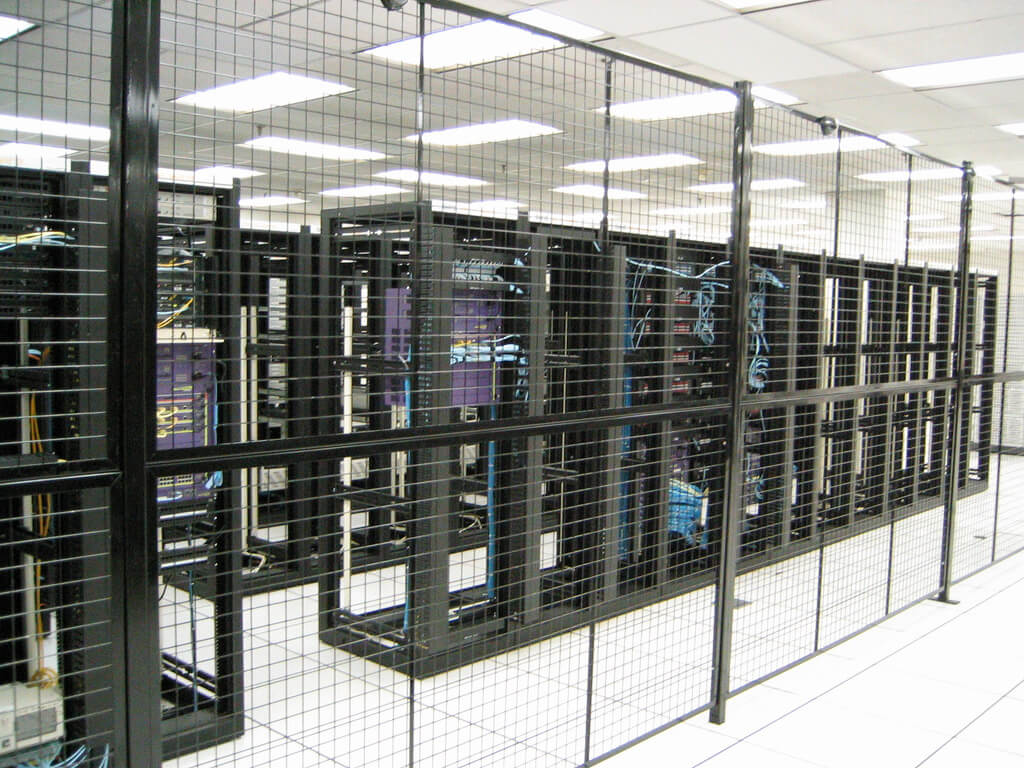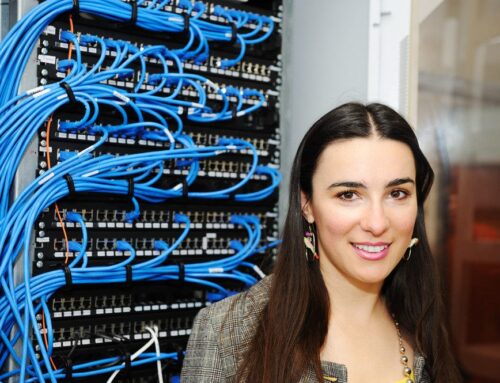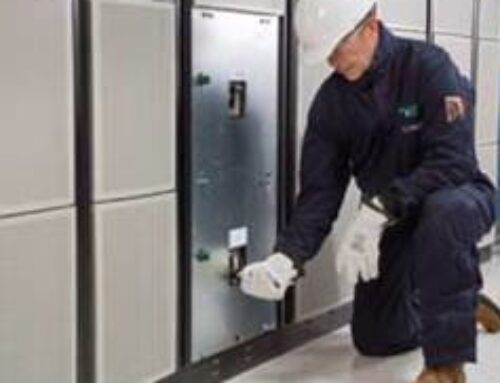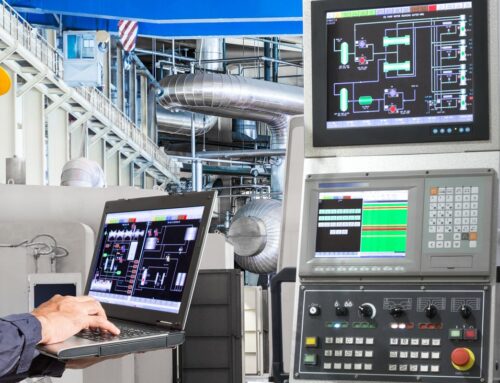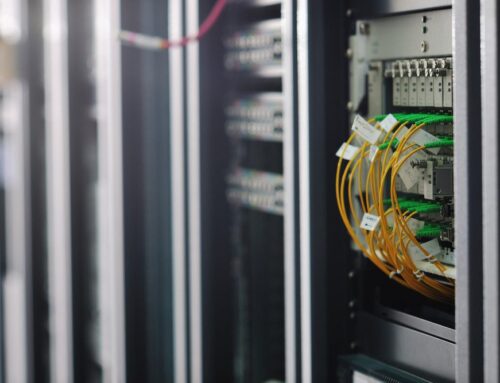According to experts, customers used to look for energy costs, reliability, and cooling when deciding on their data center. Today, they’re also looking for efficient process implementation and fast and secure access to global cloud and application providers.
To keep up with customers’ preferences, the colocation model is also changing. A colocation can now optimize physical footprints and resolve redundant power supplies and connectivity services. These data centers have a central role in advising the customer and meeting their new needs.
Scale
Colocation vendors are expanding capacity in distributed locations to meet global data growth and users to tailor their capacity to their current needs. This means customers can now book capacity based on their specific business needs and terminate or distribute them to any number of data centers in the provider’s network.
Flexible
One of the benefits of a colocation center is that users have access to numerous partners with different expertise on site. They can be accessed from various carriers and cloud providers, system integrators, and more. When a colocation data center functions as a marketplace, it gives users access to a large selection of potential partners offering comparable services.
Diverse
Data Center Dynamics says, “In colocation data centers, customers and cloud providers operate a wide variety of applications, each with very specific requirements. Developments such as Industry 4.0 and the IoT are raising the importance of issues such as real-time capability and distributed data centers. With the growing flood of data impacting our world, the diverse range of applications from the cloud, along with the evolution of innovative applications – such as with 5G – companies will increasingly outsource data center capacity, including a greater number of applications”
Does your colocation data center need cooling and power accessories? Contact LDP Associates Inc. for solutions in data center design.

